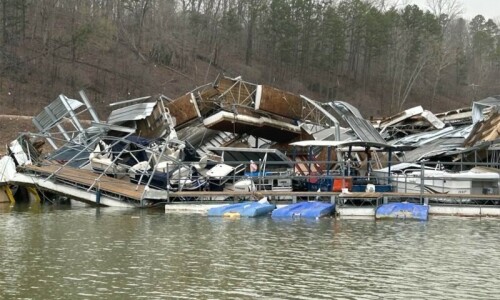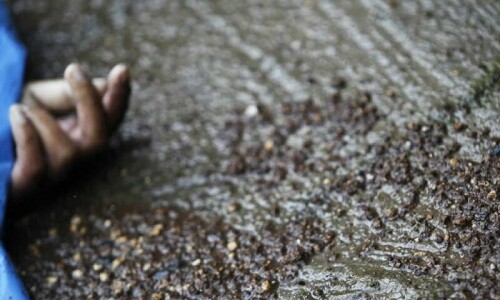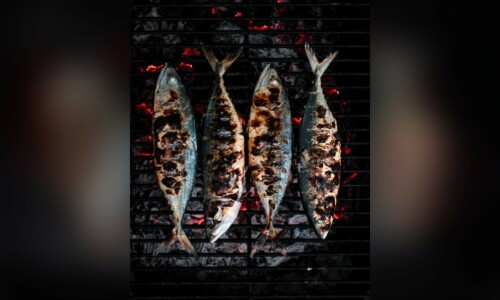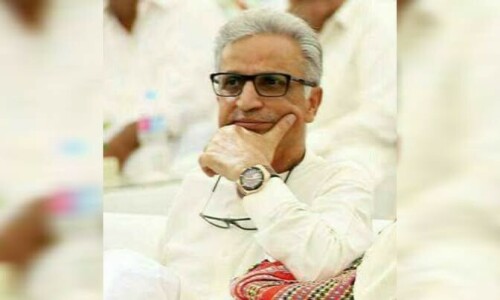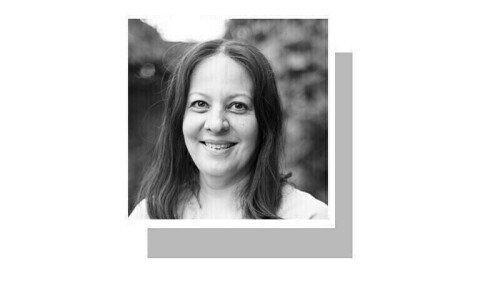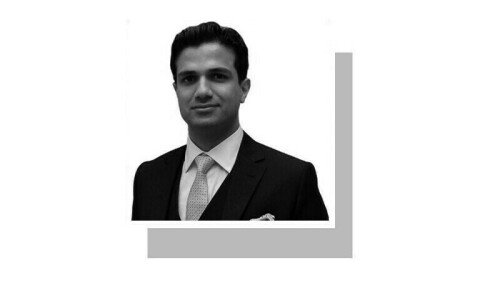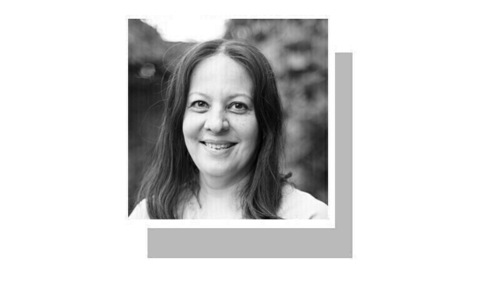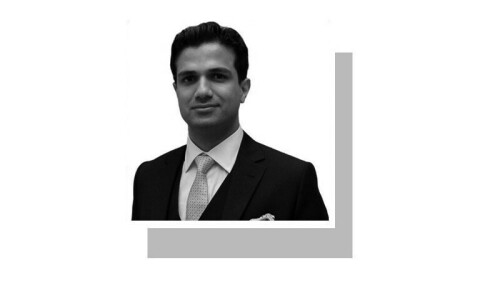MANAMA: Saudi pilgrimage officials are looking to ban children from accompanying their parents during the Haj as a precautionary measure to protect them from scorching summer heat.
The proposal advises that children under the age of 10 should not be allowed to accompany their parents while they perform the Islamic ritual required of all able, adult Muslims at least once in their lives.
Officials at Saudi Arabia's Ministry of Haj said children might be banned next year as they face huge problems dealing with the high temperatures that reach 44 degrees in the summer months, local daily Al Watan reported.
Ministry reports saying thousands of children were seen with their parents in the areas where around three million Muslim men and women congregate for the Haj had prompted the call for imposing the ban.
The reports added that most of the children were accompanying parents or family members who did not have regular tents and slept on the roadsides.
Several children had to be given medical treatment for problems caused by high temperatures and large crowds.
Parents and families were held responsible for their lack of awareness in protecting the children.
The reports estimate the number of children at the Haj were between 5,000 and 7,000 this year. Around two-thirds of these children were under the age of six.
The pilgrimage was held this year in October, but with the Islamic calendar, the annual event will gradually be marked in the summer with soaring temperatures in the region. The Islamic year is based on lunar months and is made up of 354 days, 11 days short of the Gregorian calendar.
The sources quoted by Al Watan said talks to impose the ban have yet to reach the point of becoming a binding decision.
“When the talks reach an advanced stage, the proposal to impose the ban will be referred to the high scholars' commission for its views,” the sources told the daily, adding that “the decision will be naturally based on the need to protect lives, a highly significant tenet in Islam”.
A major point of contention in the talks is reportedly whether the ban should be confined to the families that do not have proper accommodation in pilgrimage areas.
While some support the view, others insist on a blanket ban on all children under the age of 10.
“The numbers are very limited, and some families bring their children with them because there is no one to look after them back home,” Tariq Anqawi, the head of Mutawafs (Guides) of pilgrims from Turkey, Europe and Australia, said.
“Large tents were set up just to look after the children of the pilgrims and make sure they are not exposed to overcrowding situations,” he said.




